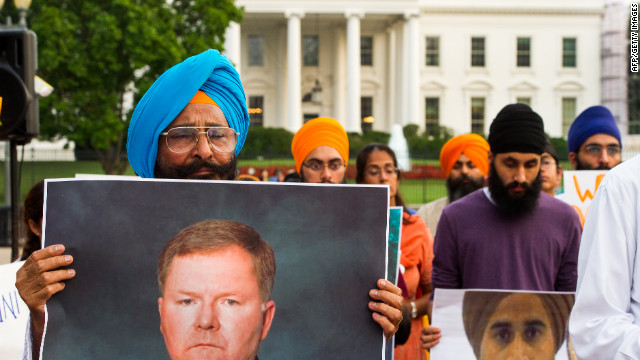Proper 19 B; Sept.
16, 2012
Proverbs 1:20-33; Psalm
19
James
3:1-12; Mark
8:27-38
The word for this gospel lesson is CRISIS: it is the turning
point in the Gospel of Mark, the hinge point which marks the end of the
beginning of Jesus’ ministry, and the beginning of the end. Jesus now faces his
disciples toward Jerusalem, toward the challenges that lie ahead, toward the
cross, toward sacrifice, toward death. He asks them the BIG question, and they
have to come up with the RIGHT answer.
The news around us seems to indicate that the whole world
has been thrown into a crisis, and at every point, like the disciples
confronted by Jesus, we are forced to make a choice, and every choice seems to
hold life or death consequences. The Presidential election maybe the most
debated one of the moment. Who do we say Romney, or Obama, is? Which side are we
on? Which path should we take?
When Jesus asks his disciples, “Who do people say that I
am?” they trot out the usual answers, drawn from their experience with
religious figures: Elijah, who was an ancient Jewish prophet, John the Baptist,
who cried out in the wilderness. That would be the predictable thing, to
understand Jesus because he was like someone we already knew about. But then
Jesus surprises them – and us – by asking them – and us, the readers of this
encounter, “Who do YOU say that I am?”
Peter delivers the surprise line now: You are the Christ.
You are the Messiah. You are the leader with royal stature and political power
to lead us in a revolution against all that oppresses us. You are the one who
will deliver us from the power of the Roman Empire and the corruption of the
Jewish authorities. You are the Man.
We can hear a tune playing in the back of Peter’s head:
“happy days are here again.” Visions of sugar plums, their side winning, the
oppression of the cruel Romans routed out, no more crippling taxes, leaders
with true spiritual and moral integrity restored to the Temple in Jerusalem.
These plans sound good. Isn’t this where you’ve been heading all along, Jesus?
Maybe Peter should have paid attention to the kind of advice
given in the Epistle of James – “Watch your words!!” – for Peter’s words in
answer to Jesus’ question caused the teacher to erupt in an angry rebuke: “Get
behind me Satan.” What you have in mind are merely human expectations; you need
to set your mind on what God has planned, and for the short term, it won’t be
pretty. God has sent me here to confront all those evil things that you
mention: the powers and principalities that work against what God has in mind
for humanity. But they will fight back, and I will suffer and die. And to
follow me means sharing in that fight, in that suffering, even in that death.
This way is difficult, but this is the way to life, to justice, to abundance,
to mercy, to love, to community, to life.
No, this is not the response you will hear from political
candidates, and believe me, it is no easier for preachers to deal with texts
like this that it would be for politicians. It’s so much easier to preach on
the abundance Jesus promises, or the healing he delivers, or many times he fed
and taught and touched people in need. Here we are faced with what seems like
an impossible choice, to follow Jesus down a difficult road.
Let’s step back a bit. Unlike Peter, we can move away from
the brink. We have all of the Gospels before us; how else does Jesus talk to
us? In the parables, for instance, all those wonderful little stories which
frequently begin, “The kingdom of heaven is like …” Jesus tells us stories
about how God is searching for US – how God is seeking the lost and the least,
and is less interested in the triumphalistic and the powerful, or the secure
and the slick and those who are SURE they always have the right answers. One
theologian put it this way: “The Christian Church does not offer men and women
a route map to God. Instead it tells them by what means they might be found by
[God].”
So often, when we seek God, the temptation is to look for a
reflection of our own needs, to find the key to our own selves. But our lessons
today remind us that when we get in this business of a relationship with God, God
takes the lead – God looks for us – God asks tough questions of us – God
directs us to places we never thought we’d go. “Who do YOU say that I am?” Jesus
asks us. This is not the final exam, but it is an invitation to follow him and
to find out more.









